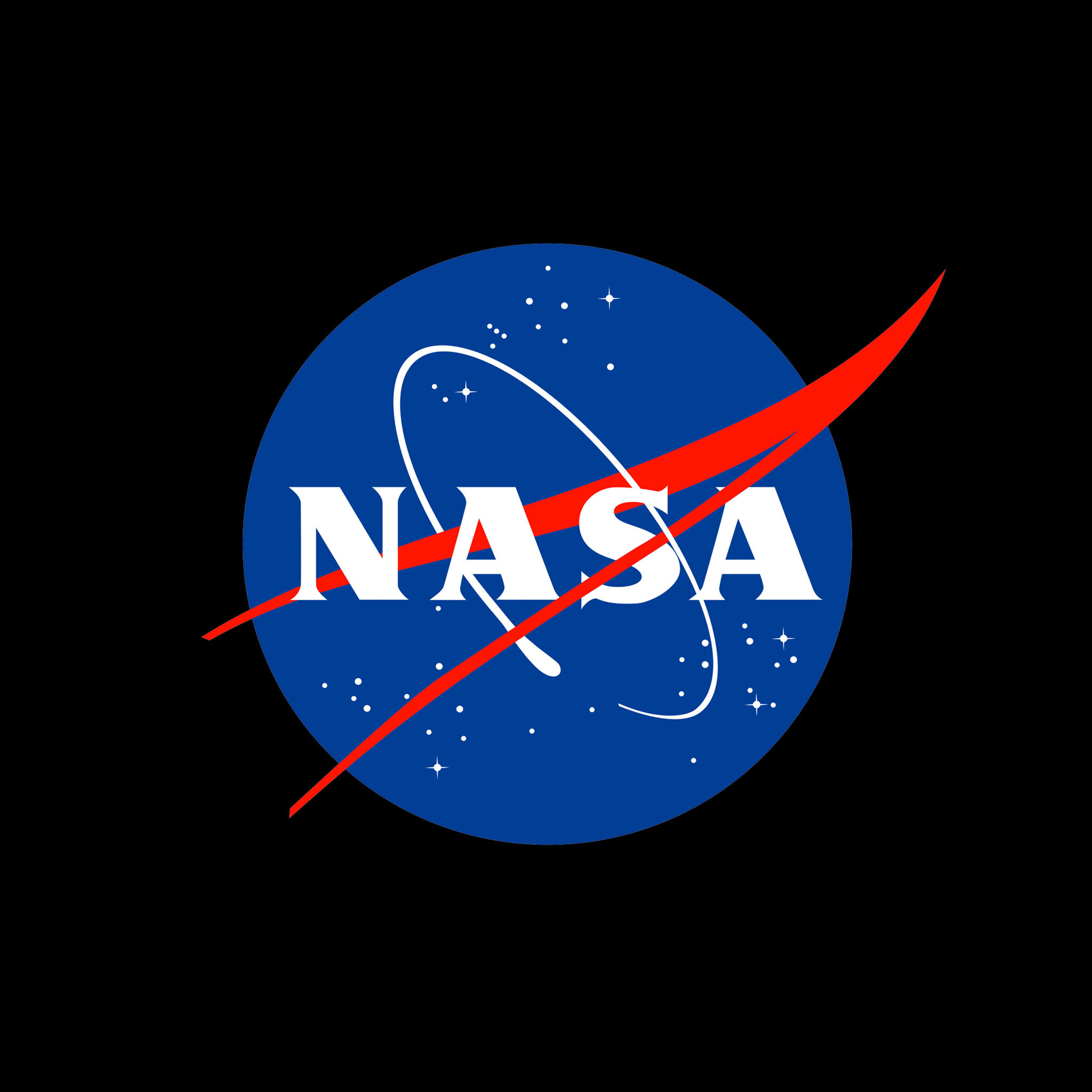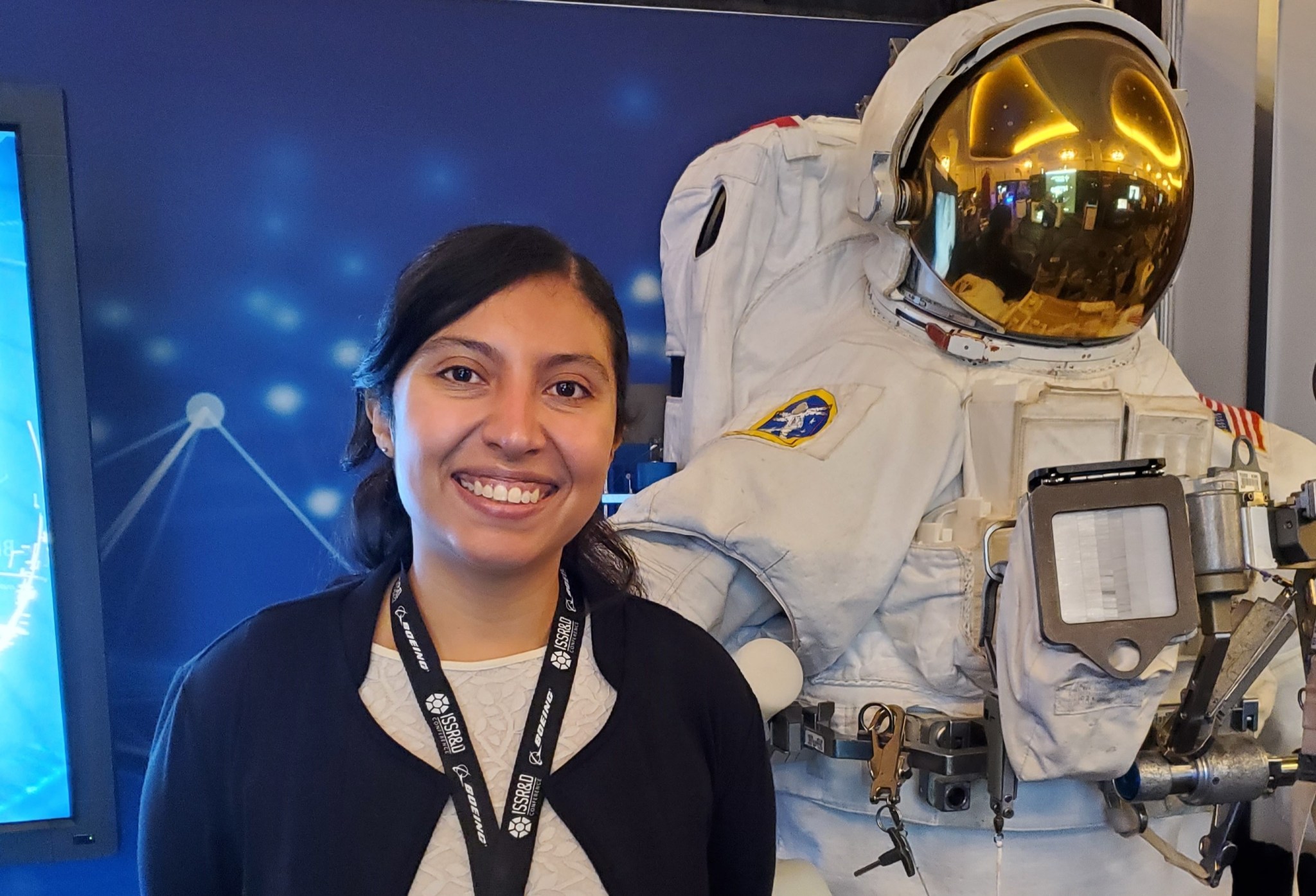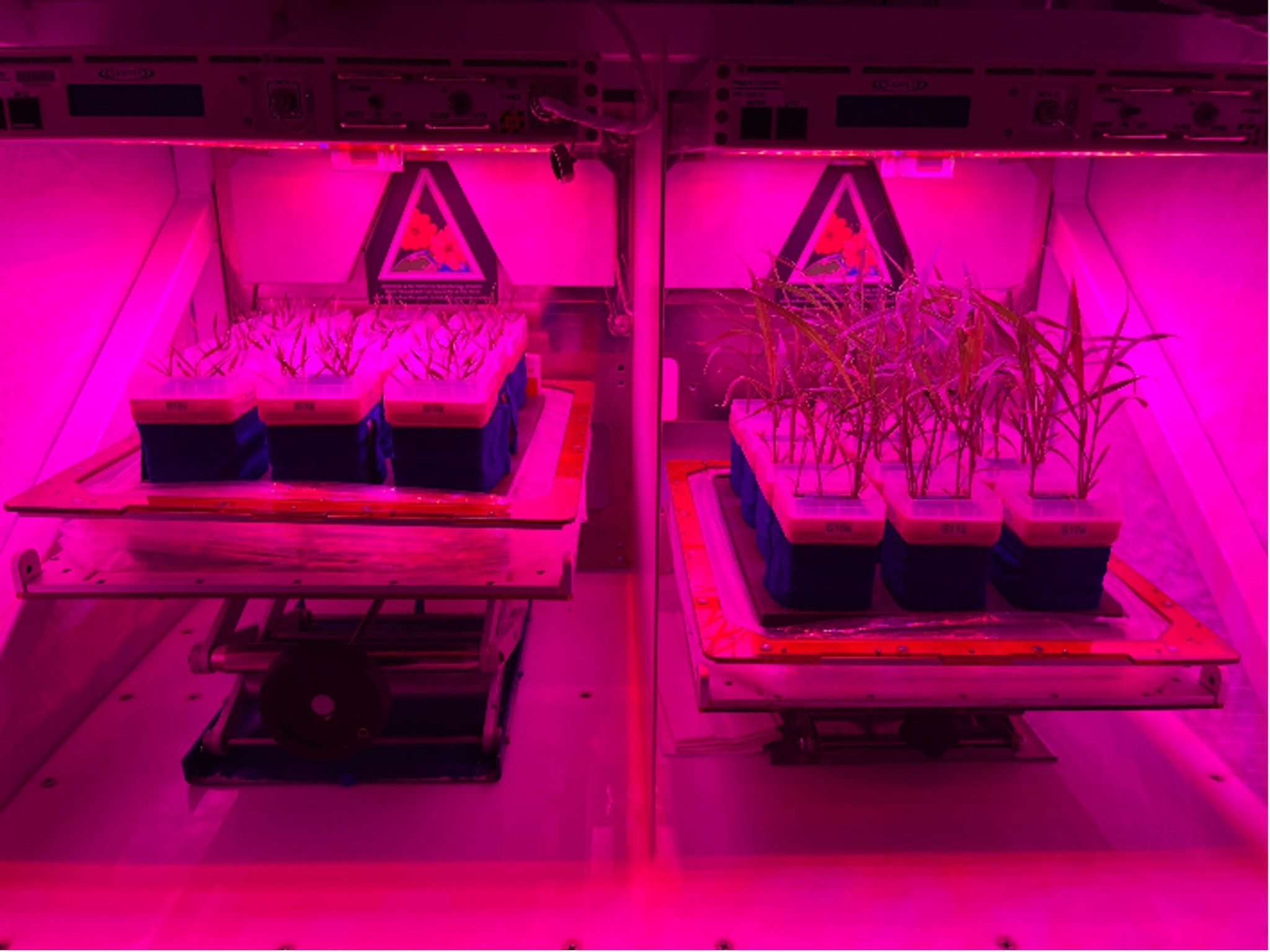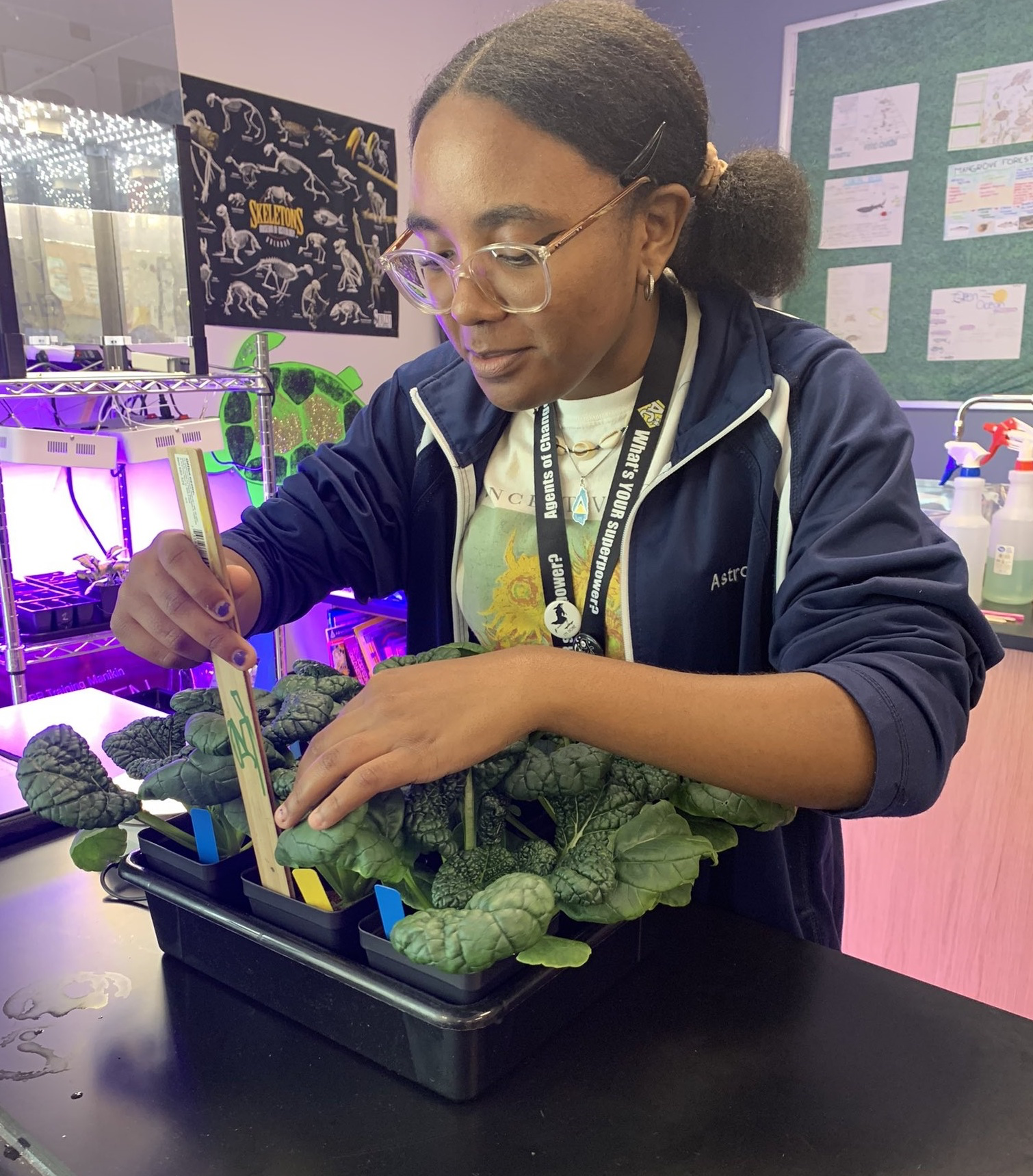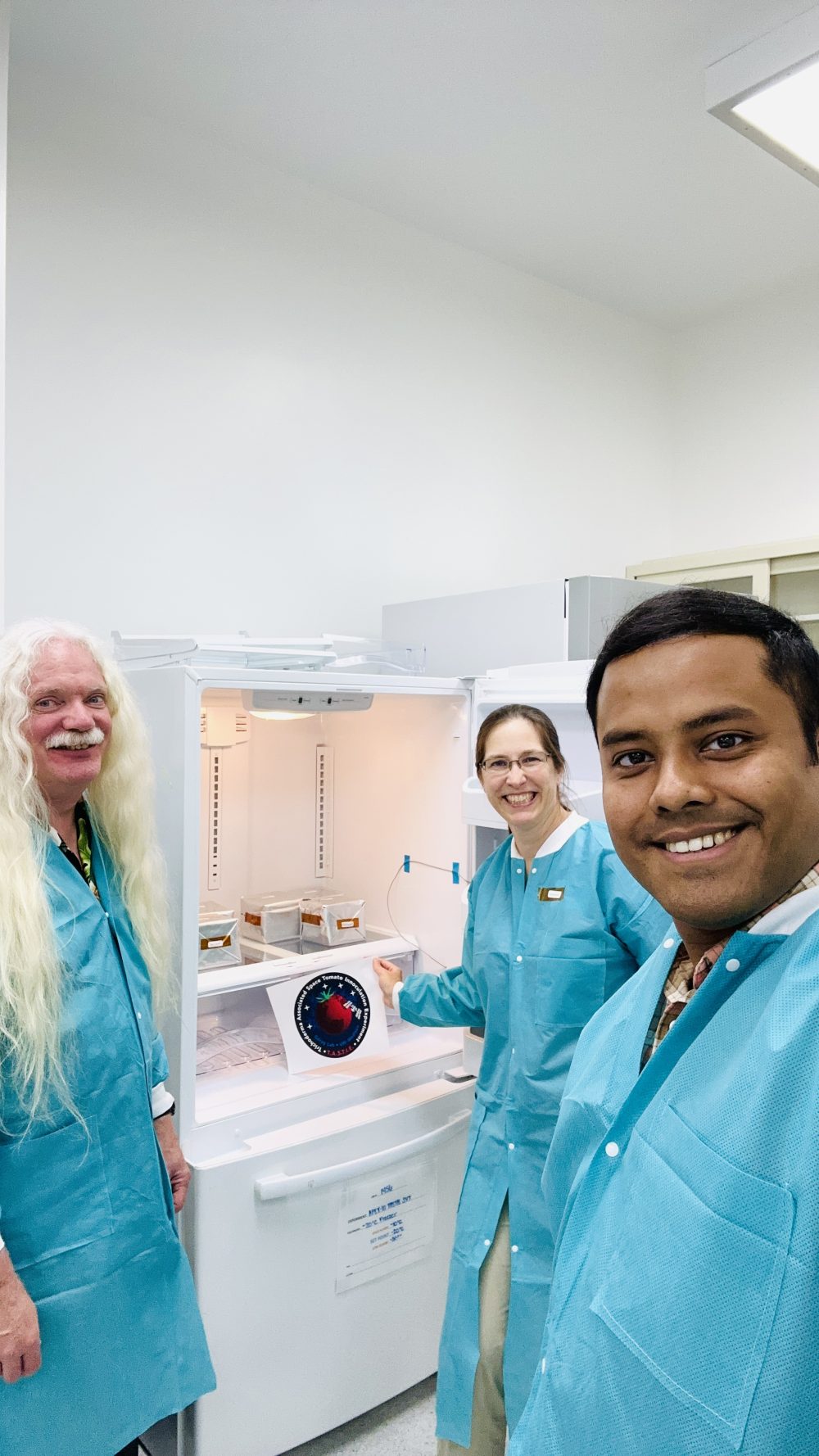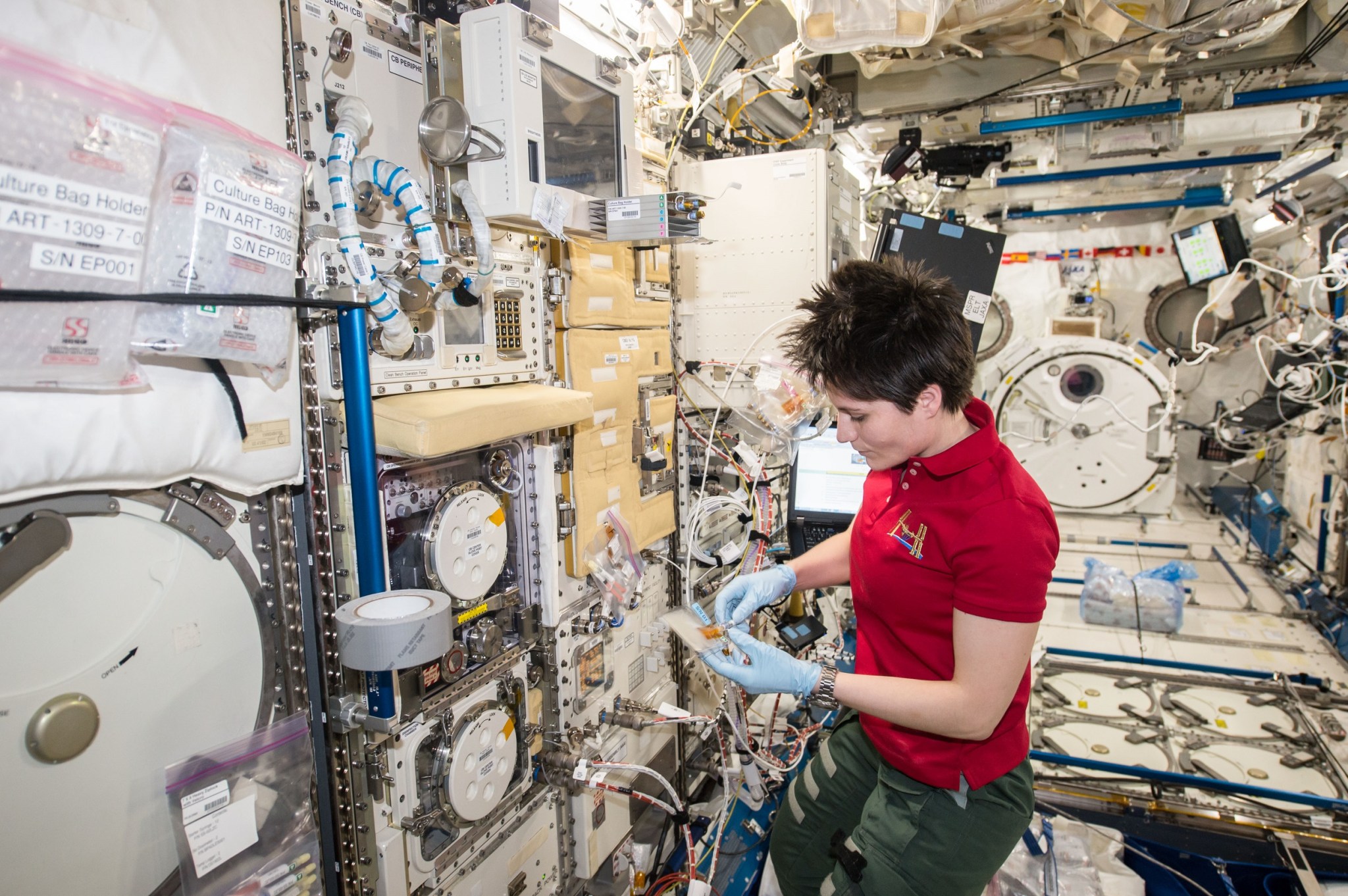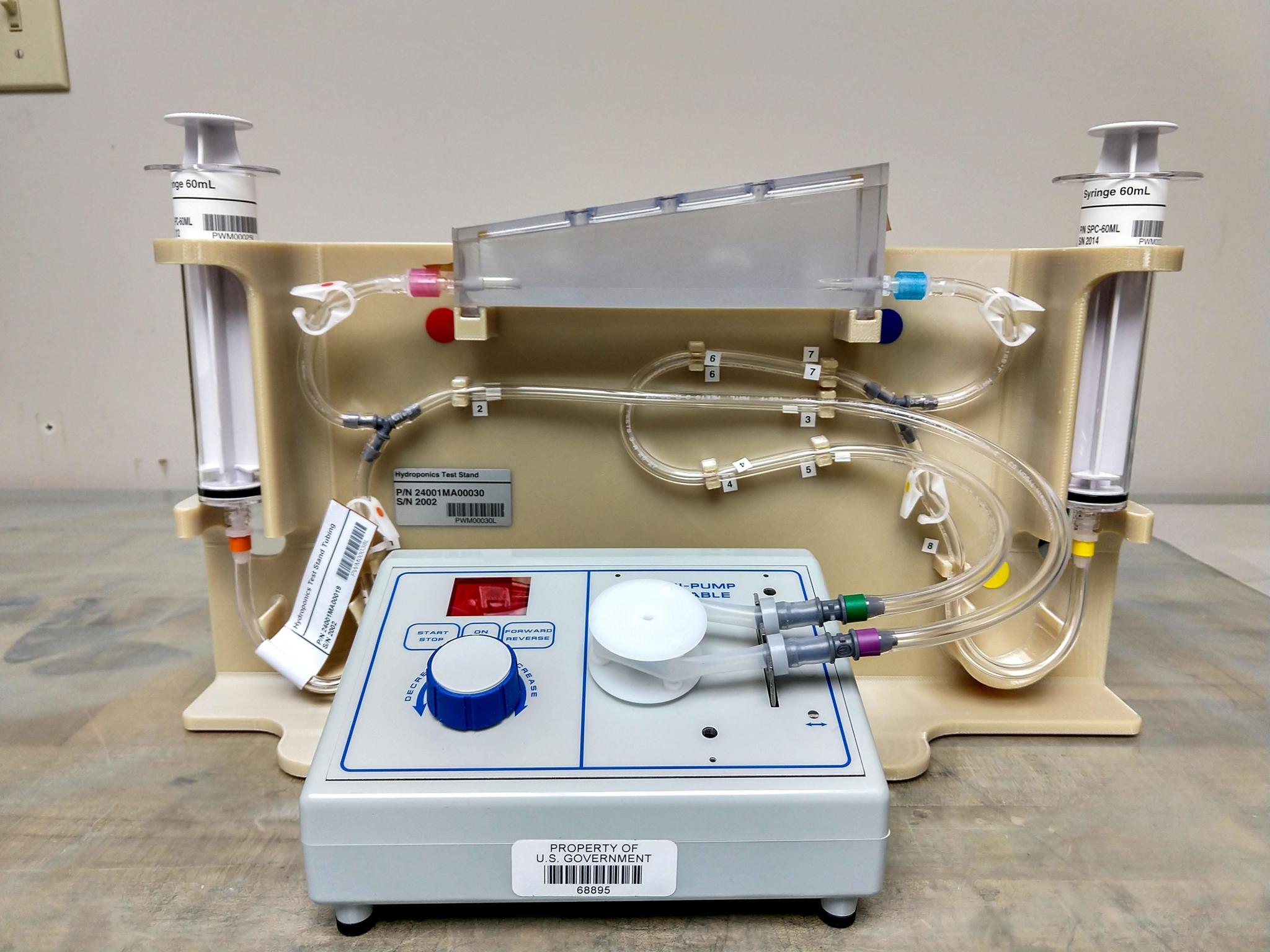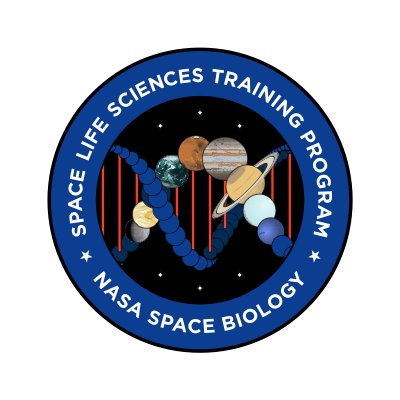1 min read Preparations for Next Moonwalk Simulations Underway (and Underwater) Why do we grow plants in space? Plants are such versatile organisms that they can fulfill many roles in our exploration of space. Plants provide us with food, with oxygen, they can recycle water and waste, and they can even provide us with psychological benefits. So all these functions will help NASA in fulfilling our goal of trying to create a sustainable environment for human presence in space. But there are also other benefits. We can investigate how plants…
Read MoreTag: Space Biology
Pioneer of Change: America Reyes Wang Makes NASA Space Biology More Open
4 min read Pioneer of Change: America Reyes Wang Makes NASA Space Biology More Open America Reyes Wang, the lead of the the Space Biology Biospecimen Sharing Program at NASA’s Ames Research Center in California’s Silicon Valley, stands beside a spacesuit display. Photo courtesy of America Reyes Wang As humans return to the Moon and push on toward Mars, scientists are ramping up research into the effects of space on the body to make sure astronauts stay healthy on longer missions. This research often involves spaceflight studies of rodents, insects,…
Read MoreNASA Sends More Science to Space, More Strides for Future Exploration
New experiments aboard NASA’s Northrop Grumman 21st cargo resupply mission aim to pioneer scientific discoveries in microgravity on the International Space Station. Northrop Grumman’s Cygnus spacecraft, filled with nearly 8,500 pounds of supplies, launched Aug. 4 atop a SpaceX Falcon 9 rocket from Space Launch Complex 40 at Cape Canaveral Space Force Station in Florida. Biological and physical investigations aboard the spacecraft included experiments studying the impacts of microgravity on plants (grass), how packed bed reactors could improve water purification both in space and on Earth, and observations on new…
Read MoreSeed Funding Proposals Due November 19 This Year!
Since it began in 2020, NASA’s Citizen Science Seed Funding Program (CSSFP) has helped twenty-four new NASA citizen science projects get off the ground. This one-year funding opportunity aims to expand the pool of professional scientists who use citizen science techniques in their science investigations. We’d like to remind you about two key changes to the CSSFP program this year! First, we heard that researchers could make better use of seed funding if it arrived in time to enable work during the summer — a crucial season for students, faculty, and interns. To…
Read MoreInternational Space Station Welcomes Trio of Experiments Focused on Enhancing Life Beyond Earth
3 min read International Space Station Welcomes Trio of Experiments Focused on Enhancing Life Beyond Earth NASA’s Biological and Physical Sciences Division is sending three physical sciences and space biology experiments and equipment to the International Space Station aboard Northrop Grumman’s 20th commercial resupply services mission. These experiments aim to pioneer scientific discovery, enable sustainable deep space exploration, and support transformative engineering. The launch is scheduled to take place no earlier than Tuesday, January 30, at Cape Canaveral Space Force Station in Florida. Using Microbes to Improve Plant Growth in…
Read MoreStation Science 101: Epigenetics Research in Space
A growing body of research suggests a link between epigenetic mechanisms and a wide variety of illnesses and behaviors, including cancer, cardiovascular and autoimmune illnesses, and cognitive dysfunction. Epigenetics also plays a role in the changes humans and other living things experience in space. This phenomenon has become part of studies in a wide variety of fields, including microgravity research conducted aboard the International Space Station. So just what is epigenetics? According to a paper from the National Institute of Environmental Health Sciences, it includes any process that alters gene…
Read MoreInvestigations launching aboard SpaceX-29 will help humans go farther and stay longer in space
The SpaceX-29 commercial resupply spacecraft will deliver numerous physical sciences and space biology experiments, along with other cargo, to the International Space Station. The research aboard this resupply services mission will help researchers learn how humans, and the plants needed to sustain them, can thrive in deep space. The biological and physical sciences investigations headed to the Space Station are: Plant Water Management-5 and 6 (PWM-5 and 6) NASA has grown plants on the Space Station even without the help of gravity. But microgravity does present challenges and affects Space…
Read MoreThe Space Life Sciences Training Program at Ames Research Center
Space Life Sciences Training Program An investment in tomorrow The Space Life Sciences Training Program (SLSTP) provides undergraduate students entering their junior or senior years, and entering graduate students, with professional experience in space life science disciplines. This challenging ten-week summer program is hosted by NASA’s Ames Research Center in the heart of California’s Silicon Valley. The primary goal of the program is to train the next generation of scientists and engineers, enabling NASA to meet future research and development challenges in the space life sciences. Summer 2023 SLSTP students…
Read More